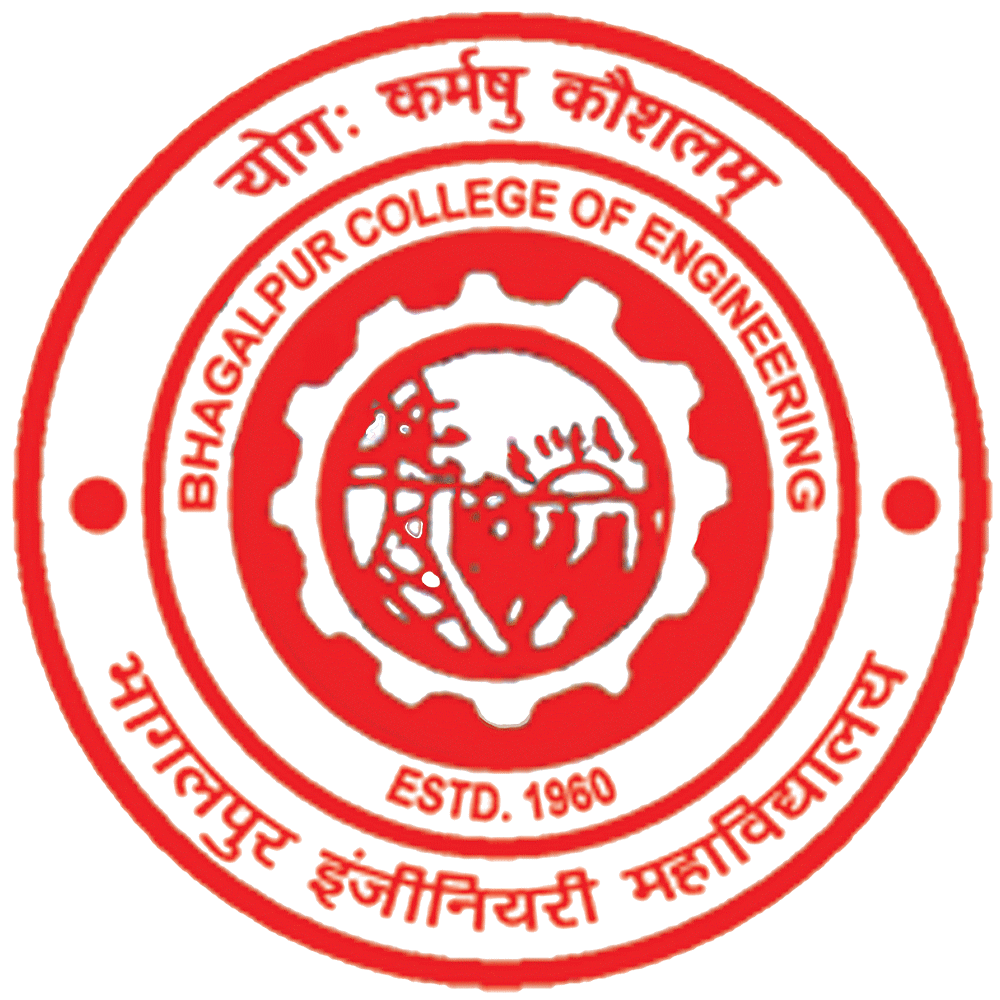Program Educational Objectives(PEOs):
| PEO 1 | The students should have the ability to expertise in develop, analysis and modeling of complex problem of computer Science & engineering projects related to real time problems. |
| PEO 2 | The students should have ability to commit to work with academia, software industries professionals, government organizations and other allied fields of computer science & engineering through their technical skill. |
| PEO 3 | The students should have ability to take part in sustainable lifelong learning by being active members of professional bodies, multicultural and multidisciplinary groups for development and growth of computer science & engineering profession. |
List of Program Outcome (POs) and Program Specific Outcome (PSOs)
| PO1: Engineering Knowledge: Apply the knowledge of mathematics, science, engineering fundamentals and an engineering specialization to the solution of complex engineering problems |
| PO2: Problem Analysis: Identity, formulate, review research literature and analyze complex engineering problems reaching substantiated conclusion using first principles of mathematics, natural sciences, and engineering sciences. |
| PO3: Design/ development of solutions: Design solutions for complex engineering problems and design system components or processes that meet the specified needs with appropriate consideration for the public health and safety and the cultural, societal, and environmental considerations. |
| PO4: Conduct Investigations of complex problems: Use research-based knowledge and research methods including design of experiments, analysis, and interpretation of data and synthesis of the information to provide valid conclusions. |
| PO5: Modern tools usage: Create, select and apply appropriate techniques, resources, and modern engineering and IT tools including prediction and modeling to complex engineering activities with an understanding of limitations. |
| PO6: The Engineer and society: Apply reasoning informed by the contextual knowledge to assess societal, health, safety, legal and cultural issues and the consequent responsibilities relevant to the professional engineering practice. |
| PO7: Environment and sustainability: Understand the impact of the professional engineering solutions in societal and environmental contexts and demonstrate the knowledge of, and need for sustainable development. |
| PO8: Ethics: Apply ethical principles and commit to professional ethics and responsibilities and norms of the engineering practice. |
| PO9: Individual and teamwork. Function effectively as an individual and as a member or leader in diverse teams and in multidisciplinary settings. |
| PO10: Communication: Communicate effectively on complex engineering activities with the engineering community and with society at large, such as being able to comprehend and write effective reports and design documentation, make effective presentations and give and receive clear instructions. |
| PO11: Project Management and Finance: Demonstrate knowledge and understanding of the engineering and management principles and apply these to one’s own work as a member and leader in a team to manage projects and in multidisciplinary environments. |
| PO12: Lifelong learning: Recognize the need for and have the preparation and ability to engage in independent and life-long learning in the broadest context of technological change. |
| PSO1: Basic of Computer Science: Students will be able to understand, analyze and develop the basic computer programs for the areas related to algorithms, system software, multimedia, web design, big data analytics, networking, IoT and robotics for effective design of computer-based systems of varying complexity. |
| PSO2: Entrepreneurship and Career Goals: The student will able to employ modern computer languages, environments, and platforms to create an innovative path to be a successful entrepreneur, lifelong learning and an enthusiasm for higher studies and also to behave as a good citizen by inculcating in them moral values and ethics. |
| PSO3: Foundation for research: Students will be able to understand the research gaps in computing, apply standard practices and strategies in software project design using open-ended programming environments to deliver a quality product for business success, real-world problems and meet the challenges of the future. |

